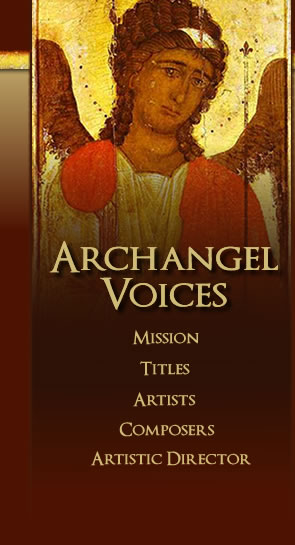Dmitry Bortniansky
BORTNIANSKY, Dmitry Stepanovich (b. 1751, Glukhov, Ukraine; d. 28 September [10 October] 1825, St. Petersburg) — received his musical education in the Preparatory Musical School in Glukhov, then, from the age of seven, at the Imperial Court Chapel in St. Petersburg. Studied composition with B. Galuppi, and when Galuppi returned to Italy in 1768, B. was sent with him in order to continue his studies. Spent eleven years abroad; three of his operas were produced in Italy. At the same time wrote his first sacred works, on Roman Catholic and German Protestant texts. Upon returning to Russia was appointed kapellmeister to the Imperial Chapel and to the Court of Prince Paul, the heir to the throne. In 1796 was appointed Director of Vocal Music, and in 1801, Director of the entire Imperial Court Chapel.
As Director of the Chapel and as a composer, B. had an enormous effect upon church music in 19th-century Russia. As an administrator, he expanded the influence of the Imperial Chapel far beyond the Court itself, making it the trendsetter in terms of style and taste in church singing throughout the land. B. was the first director of the Chapel who was given the right of censorship in the field of church music, a circumstance that greatly affected the direction of church music in the 19th century. B.’s sacred works, including 72 liturgical hymns (26 of them for double chorus), 45 sacred concertos (10 for double chorus), 10 Te Deum’s, the Liturgy for three voices, and eight sacred trios, were universally performed throughout the entire 19th century; many of them are sung in churches to this day. B.’s music combines elements of classicism and sentimentality, using techniques of the early classical European style. While he uses elements of Russian and Ukrainian secular song in his sacred works, he nevertheless does not exceed the limits of sobriety and good taste appropriate for the Orthodox liturgy. B. was one of the first Russian students of the Italians to turn his attention to the traditional church chants, attempting to arrange several of them polyphonically. |

